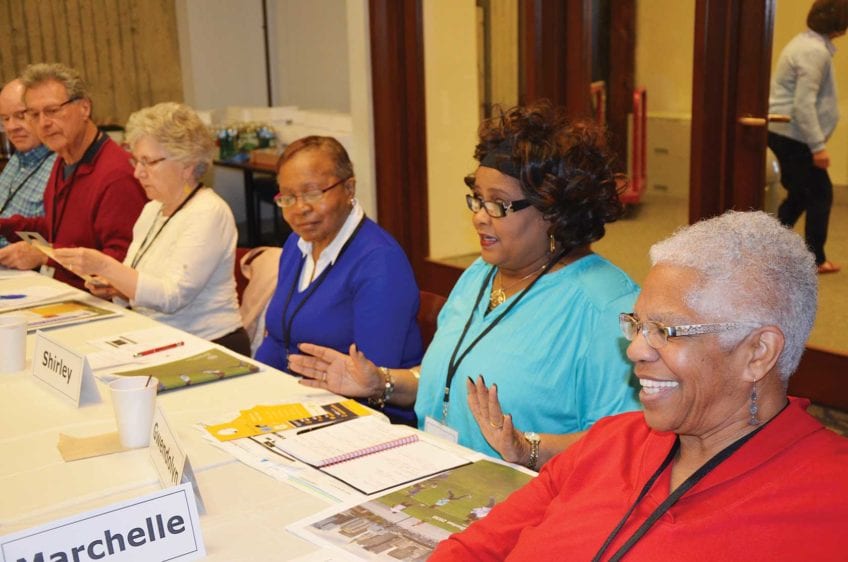Depression in the elderly: When fun things are no longer fun
Anhedonia, or lack of pleasure, is a common symptom


Olivia I. Okereke, Academic Director
Geriatric Psychiatry Program
Brigham and Women’s Hospital
There are many changes to expect as one enters the senior years, but depression is not one of them. “Depression is not a normal part of aging,” explained Dr. Olivia I. Okereke, the academic director of the Geriatric Psychiatry Program at Brigham and Women’s Hospital.
It’s not expected, but it is common. According to the Centers for Medicare and Medicaid Services, roughly 17 percent of people 65 and older have suffered from some form of depression. In response, Medicare has added yearly screening for depression to the list of tests offered at no cost to patients.
Depression is common for everyone, not just the elderly, and varies by gender. Over the life span it is more common in women. “That’s a world-wide finding,” said Okereke. Although depression occurs at any age, there is one difference in older adults. “Even milder forms of depression can have an impact on the health of the elderly,” she said. “They can have worse medical outcomes.” For instance, older people may require more health-care resources or they may not recover as well from illnesses or other medical setbacks.
By all accounts depression is a complex disorder. It is hard to pinpoint its exact source and it can present in different ways. “We don’t know the precise physiological cause,” Okereke added. “However, we do know some of the risk factors that may increase its incidence in older adults.” Physical impairments that limit mobility are a major risk factor as well as serious medical events, such as stroke.
There is ongoing research to see if non-medical behaviors and lifestyle choices reduce the risk of depression, said Okereke. Preliminary results suggest that people who exercise may have a lower incidence of depression. “I’m not talking about a major exercise program,” she explained. “A nice brisk walk will do.” Diet is another factor. “We know that omega-3 fatty acids appear to be protective of mood,” she explained, referring to her research findings. Omega-3 fatty acids are found in walnuts, salmon, sardines and seafood.
Okereke is also conducting research to determine whether levels of vitamin D have an effect on depression. If so, these findings could have an impact on African Americans who typically have lower blood levels of the vitamin, particularly those living in the North where sunlight is reduced. The sun is the chief source of vitamin D.
The treatments available for depression are the same for everyone. However, according to Okereke, older people appear to do better with talking with their therapists, as well as taking medications, rather than medications alone. An issue for all, regardless of age, is that a substantial number of people do not initially respond to medication. It requires work to get the right medicine and dosage. Some people get discouraged if they don’t get better on the first try. Sometimes it is necessary to try a second or third time or more, she explained.
The symptoms of depression in the elderly, however, can differ a bit from those in younger people. There are two core features of depression. To be diagnosed a person has to have at least one. The first is depressed mood. People are questioned if they sometimes feel sad. The second is anhedonia, or the inability to feel pleasure. People are asked if they still enjoy the things they previously enjoyed. It has been found that when older people are depressed they experience more symptoms of anhedonia than depressed mood, according to Okereke.
This subtle difference may partly explain why older adults are less often diagnosed with depression. Probing questions may focus more on feelings of sadness rather than loss of pleasure.
Availability of treatment for depression is critical, and is getting national recognition by Medicare and Medicaid. For instance, the Massachusetts Behavioral Health Partnership is a community-based network that integrates mental health and primary care for MassHealth members.
Such integration of care is key, said Okereke. “Diagnosis of depression is important, but a more important issue is access to care and good coordination of care.”







